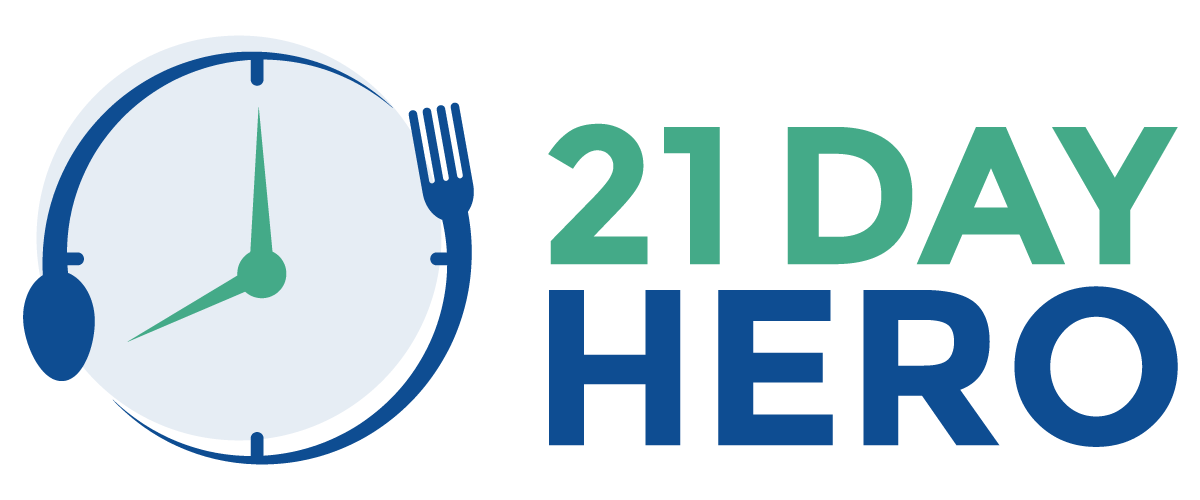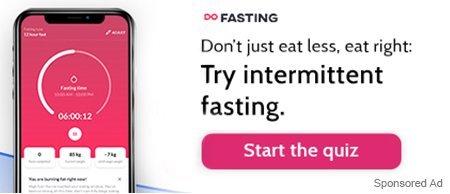Benefits Of Intermittent Fasting | What Is 12 Hour Intermittent Fasting | Fasting Benefits for Different People | 14 Hour and 18 Hour Fast Benefits | Extended Fast Benefits
We often receive the question, are 12 hours enough for intermittent fasting? Let’s answer this once and for all. Intermittent fasting has caught the imagination of people who want a healthy way to lose weight and gain other health benefits. In intermittent fasting, you restrict your calorie intake to a certain number of hours every day, fasting for the remainder of the time.
With IF, you deprive your body of glucose, forcing it to utilize stored fat reserves for energy. A 12-hour intermittent fast is one of the best ways to start your journey to weight loss, and it has some other potential benefits too.
However, having said all that, a big question remains. How long will you have to fast to reap the rewards of improved health? Is 12 hours wenough for intermittent fasting? With intermittent fasting how many hours are needed to see actual results? This article seeks to answer these two pertinent questions so you can start right.
What Are The Benefits Of Intermittent Fasting?
Intermittent fasting is promising. Some benefits you can derive from this excellent dieting program are as follows.
1. Weight Loss
Intermittent fasting helps you to lose belly fat. IF is directly associated with both short-term as well as long-term weight loss. It does this without imposing calorie restrictions on your diet, which is remarkable.
2. Reduction In Insulin Resistance
When you follow intermittent fasting, you will have a reduction in insulin resistance. Blood sugar gets reduced by 3–6%, with a decrease of 20–31% in fasting insulin levels. This contributes to preventing Type 2 diabetes.
3. Reduction in Inflammation
Intermittent fasting reduces inflammation in your body. There is a direct connection between inflammation and many chronic diseases like high blood pressure and blood sugar. Practicing intermittent fasting will help you to manage these diseases better.
4. Improved Heart Health
The potential risk factors of heart disease are insulin resistance, high blood sugar, blood triglycerides, inflammation, and LDL cholesterol. Studies show that these risk factors are significantly reduced when you practice intermittent fasting.
5. May Prevent Cancer
Numerous animal studies have shown that intermittent fasting may help to prevent cancer. Human trials are yet to start. However, there is reason to be optimistic.
6. Enhanced Brain Health
When you do intermittent fasting, the hormone BDNF in the brain increases. BDNF is responsible for the growth and regeneration of nerve and brain cells. It helps to slow down neurodegenerative disorders like Parkinson’s and Alzheimer’s.
7. Anti-aging Effects
Studies on rats show that their lifespan increased by 36-83% with intermittent fasting. Similar effects could also apply to humans, but this is a conjecture. What we do know is that intermittent fasting induces autophagy in humans. Autophagy is the process by which the cells in our body repair and recycle waste.

What Is 12 Hour Intermittent Fasting?
The 12-hour intermittent fasting is one of the IF methods where you fast for 12 hours and consume your calories in the remaining 12 hours of the day. The 12/12 fasting method is one of the easiest and safest IF methods out there.
When you are following the 12:12 intermittent fasting plan, you need to finish your meals before the 12-hour fasting window begins. You can have breakfast, lunch, and dinner, along with snacks, in your 12-hour eating window.
If, for example, your eating window is from 9 AM to 9 PM, you should have breakfast at 9 AM, lunch at 1 PM, some snacks if you need them, and finish dinner by 9 PM. After that, you will fast from 9 PM to 9 AM the next day, and so on. You may initially experience hunger pangs, but that will subside as you get accustomed to your new eating regime.
It is better to schedule your fasting period for the hours you sleep at night. This will keep you from having cravings for food and experiencing hunger pangs. This way, your feeding window will commence when you wake up in the morning, and you can satiate yourself.
Fasting Benefits Happen at Different Times for Different People
According to experts, habits have a huge role in determining when you start seeing benefits from 12-hour fasting. When and where you start seeing health benefits from IF will depend on what foods you eat in the eating window, your gut health, and the type of physical activities you do.
For example, if you infringe on your fasting window with calorie-dense food like pizza, you are not doing yourself any favors.
Similarly, not prioritizing sleep and physical activity could delay or even counteract the fantastic benefits of intermittent fasting. Even when doing everything correctly, you must understand that the different health benefits of IF will kick in at different times.
For example, you may experience weight loss with a short fasting window like the 12/12 plan, while autophagy and ketosis will happen to you much later. Unfortunately, there is not much research on the time frames for different benefits, so we can only go by the information experts offer.
One important criterion is to be in touch with your body and listen to its requirements. Do not starve yourself if the body doesn’t permit it.
Also, take care of your vitamin and mineral requirements while on any kind of fasting. It might be helpful to get a multivitamin prescribed by a doctor if embarking on a fasting regimen.
How Long Will You Have To Fast For All The Benefits Of IF?
A lot of experts have agreed on the fact that if you do not fast for a minimum of 12 hours, you really won’t see any tangible benefits. Research points to a 34% reduction in the occurrence of breast cancer with 13 hours of fasting each day, thanks to improved blood-sugar regulation with this particular fasting level.
Short fasts like the 12-hour fast will reduce your body’s exposure to gut toxins like endotoxin. Endotoxin is a byproduct of bacterial death that is very harmful and contributes to obesity, metabolic syndrome, and inflammatory diseases. Again, a 12-hour short fast will help you with weight loss, but it will take your body longer to trigger autophagy or enter the state of ketosis.
14 Hour and 18 Hour Fast Benefits
For most people, a 14 hour fast, a 16 hour fast, or an 18-hour fast is the most conducive range, and they provide more significant benefits than a 12-hour fast. And what’s more, it is attainable for you if you have the resolve for longer fasts. The shift to ketosis (the fat-burning stage) also occurs during extended fasting for 14 or 18 hours. While the specific time you will enter ketosis depends on numerous factors, like what you consumed as your last meal, it typically happens between 12 and 22 hours after you begin fasting.
Some experts say that the 16-hour fasting plan is a good thing to attain. However, bigger benefits, like the process of autophagy, will only happen after you reach 24 hours of fasting.

Extended Fast Benefits
For apparent reasons, you cannot fast for 24 hours every day. Food, after all, is the key to life.
That is why, if you want to try longer fasts that induce autophagy, you must be strategic and carefully plan your day. According to experts, a long 24-hour fast with zero calorie intake is feasible a few times a month and over decades. It is the best way to prevent chronic diseases because it is possible to practice it over your lifetime, the period during which chronic diseases like diabetes and coronary heart disease manifest.
Fasts for 36 hours have also been shown to deliver promising results for people diagnosed with type 2 diabetes. However, it is advisable to embark on these longer fasts only after a discussion with your doctor.
As a bottom line, the ideal fasting window depends on the individual practicing it, and what matters most is the fasting duration that works for you. Different people have different physiologies, and you must experiment to see what the fasting plan delivers.
Some experts think that fasting results in people ultimately stalling, so it may be a good idea to switch things around. You could increase your fasts to more days of the week or even do a 24-hour fast once a week for optimum results. The best approach is to mix things up for your body so that it is constantly guessing when calorie intake will happen.
Conclusion
Intermittent fasting starts with a 12-hour fast. Fasting for this period will give you the benefit of both short-term and long-term weight loss. However, if you want to derive the most from intermittent fasting, you should consider amping up your fasting window to a 16 or 18-hour fast daily.
If possible, practice a 24-hour water-only fast once a week to get all the benefits of intermittent fasting. Remember, no one can decide what would work for you. It is your body, and you must listen to it.
Also need help fasting? Check out these Top 6 Fasting Mobile Apps we recommend to help you on your journey.
Want to go on a Fasting or Health retreat with likeminded others? Check out our Fasting Retreats review page Here.











